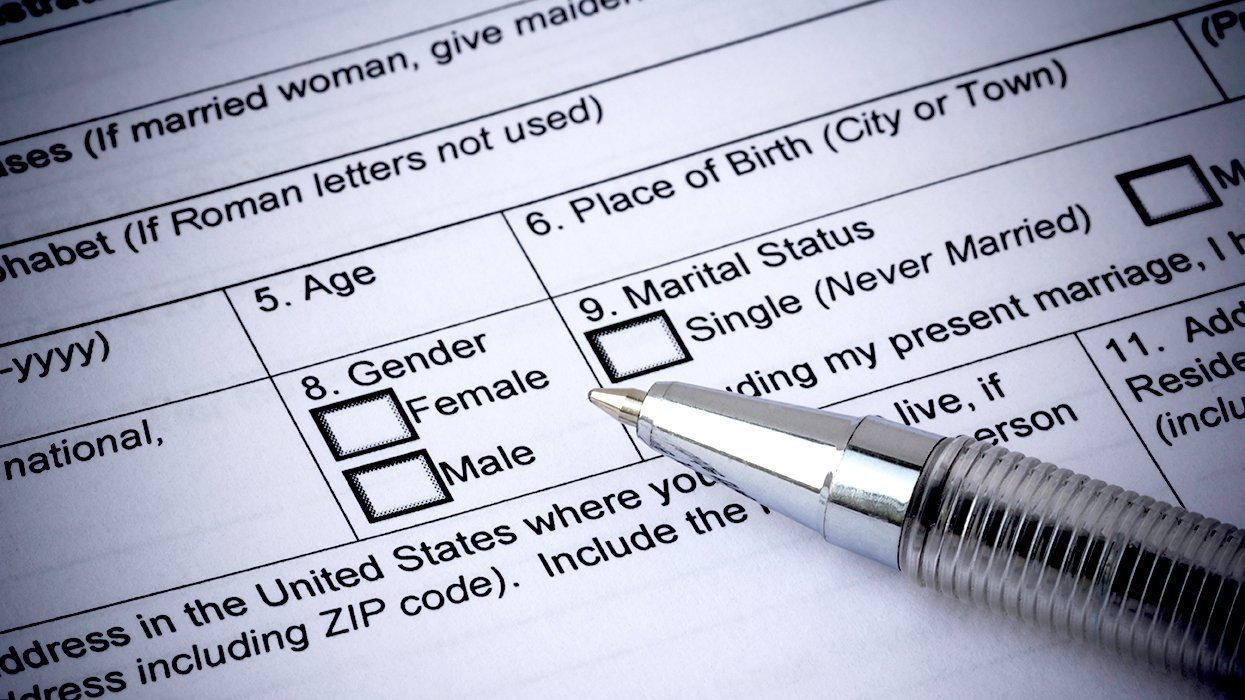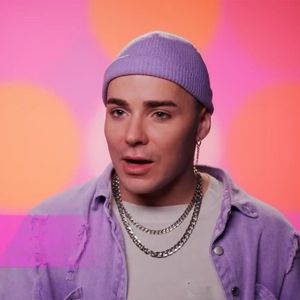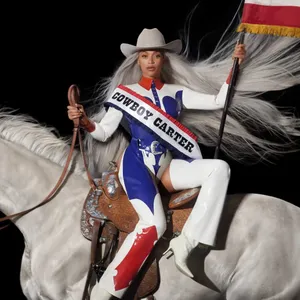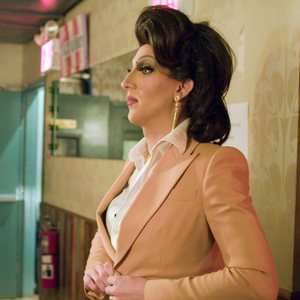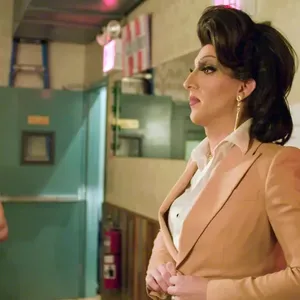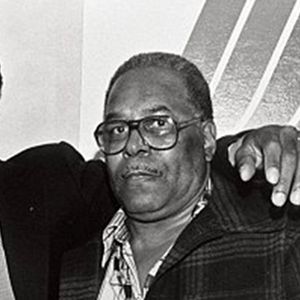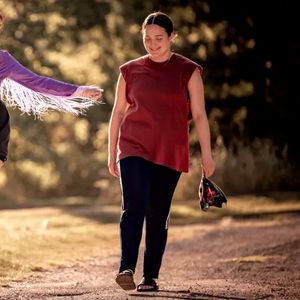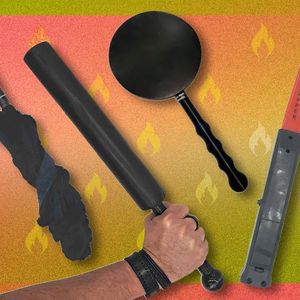Gay and lesbian
activists in South Carolina have begun contributing more
money to politicians who support them, signaling the
potential for increased clout among gay and
lesbian groups.
Since January, nine prominent gay and lesbian
activists have contributed more than $3,000 to
Democratic state representative Gilda Cobb-Hunter and
Democratic state senator Robert Ford, according to
lawmakers' campaign finance records. Cobb-Hunter was
one of three house members to vote against a
constitutional amendment that would ban same-sex marriage
and civil unions in South Carolina. Ford was the only
senator to vote against the amendment, which will be
on the November 2006 general election ballot. The
lawmakers were "very, very supportive of us in a very
difficult situation," said Linda Ketner, chairwoman of the
South Carolina Equality Coalition.
In addition to funding from Ketner's group,
Cobb-Hunter and Ford received donations from the
Alliance for Full Acceptance and the South Carolina
Gay and Lesbian Pride Movement. Cobb-Hunter said she is
seeing an evolution among gay and lesbian groups.
"This is the first time I've gotten contributions in a
significant way from the gay communities, and I've
championed their views for 13 years in the general
assembly," Cobb-Hunter said. But, she added, "it's not
because of the contributions that I stand up for them."
Ford also supports the views of organizations
that have come to his aid. "An issue like [same-sex
marriage] should never have been discussed," Ford
said. "It shouldn't have come up in any political body
in this country. What someone does with their lives should
be their business. We can't regulate morality."
Contributing to campaigns is a natural
progression for gay and lesbian activists, said Warren
Redman-Gress, executive director of the Alliance for
Full Acceptance. "Gay and lesbian people are certainly
becoming more aware that the people in the statehouse
who are supporting us need our support as well,"
Redman-Gress said.
This is how most interest groups created around
a set of values or ideals grow, said University of
South Carolina political scientist Blease Graham. "At
some early stage, it's just an idea bounced around by a
group of interested and motivated people," Graham said. Such
groups "are then able to focus their general ideas on
something more specifically legislatively. This is
right in line with an organization becoming more
significant politically and more potent."
Ketner said it's taken a while for the groups to
develop to this stage. "Three-and-a-half years ago, it
became painfully aware to me there was no statewide
organization and no communication among various gay and
lesbian organizations around the state," she said. Ketner
helped organize a retreat, and the South Carolina
Equality Coalition was born. The coalition was
different from other gay and lesbian groups because it
was politically active.
In 2004 the organization for the first time
hired a lobbyist for the general assembly and
succeeded in fighting off the same-sex marriage
amendment by killing it in the senate. In 2005 they were not
as successful. Now Ketner and Redman-Gress say they
will fight the amendment in 2006 at the ballot box.
"We've already been busy planning and have some things
in the works," Ketner said. "Yeah, we're going to try
and stop this amendment." (AP)













